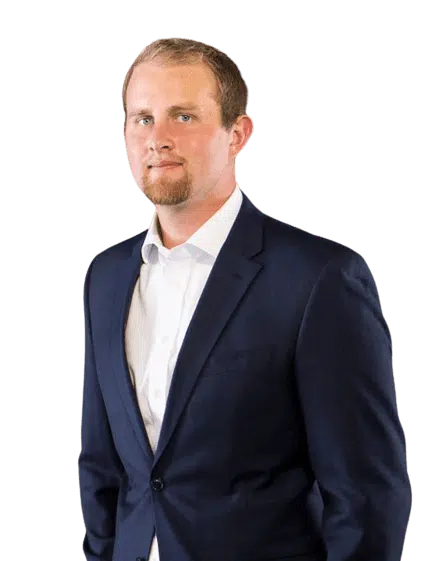What type of injury have you suffered?
Car Accident
- Car Accident
- Head Injury
- Premises Liability
- Products Liability
- Truck Accident
- Wrongful Death



HABLAMOS ESPAÑOL
(877) 880-4090Posted October 23, 2025 | Personal Injury Blog
Social media has become a natural part of daily life, a place to connect, share, and document experiences. But if you’ve been injured in an accident and are pursuing a personal injury claim, what you post online could seriously affect your case. Even something as harmless as a photo or casual comment can be taken out of context and used against you by insurance companies or defense attorneys.
In this blog, we’ll explain:
When you file a personal injury claim after a car accident, slip and fall, or any other type of injury, insurance companies immediately start looking for ways to reduce your compensation.
One of their favorite tools? Your social media profiles.
They may monitor your public posts, and sometimes even private ones through legal discovery, looking for any inconsistencies in your story. A single picture, status update, or “check-in” could be used to argue that your injuries aren’t as serious as you claim.
Even innocent posts can create the wrong impression. Here are a few examples of content that can damage your case:
Your car accident attorneys or truck accident lawyers will often advise you to pause or limit your social media use until your case concludes.
It’s no secret that insurance companies invest heavily in investigations, and social media is one of their easiest sources of information. Adjusters or defense teams may:
Even if your profile is private, never assume your content is hidden. Screenshots, shares, and tagged photos can make their way to the opposing side.
If you’re involved in a personal injury case, here are steps to protect yourself online:
Your personal injury attorney can guide you on what’s safe to share and what to avoid.
Social media posts are increasingly used in court as admissible evidence. Defense attorneys may use them to challenge:
For example, in a catastrophic injury case involving long-term disability, a single image showing you walking unaided could undermine medical reports or expert testimony.
That’s why Fielding Law works proactively to control the narrative, ensuring your story is supported by solid evidence, not distorted social media assumptions.
An experienced personal injury lawyer doesn’t just represent you in negotiations or court, they protect you from mistakes that can weaken your claim.
At Fielding Law Auto Accident Attorneys, we advise clients on how to manage social media activity throughout the legal process. From investigating opposing parties’ posts to ensuring your digital footprint doesn’t harm your case, our team uses every tool to protect your rights.
Whether your case involves a rideshare accident, dog bite, or wrongful death claim, we provide comprehensive representation every step of the way.
Your recovery deserves your focus, not a battle over social media posts. Before you post, comment, or share anything about your accident, speak with the attorneys who understand how digital activity affects real-world outcomes.
Fielding Law Auto Accident Attorneys represent injured clients throughout Texas and Utah, providing personal attention and proven results.
Texas Offices:
Utah Office:
Call Fielding Law today for a free consultation, because it’s not about us. It’s about you.

Text edited by Mitchell Fielding, a personal injury lawyer and partner at Fielding Law. Mitchell is known for his hard work ethic, friendly personality and dedication to the law. You can find out personal injury law offices in Taylorsville, UT and Mesquite, TX.